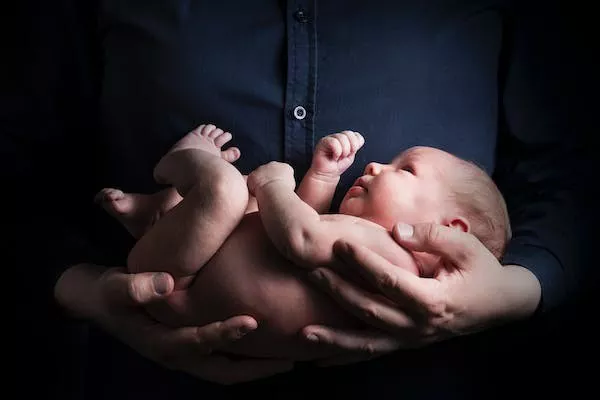Rianna Cleary, a young mother whose baby tragically died after she was compelled to give birth alone in a prison cell, is urging ministers to halt the “cruel” and hazardous practice of incarcerating pregnant women. Cleary, a vulnerable care leaver, was only 18 years old when she went into labor at HMP Bronzefield in September 2019, Europe’s largest women’s prison located in Ashford, Surrey.
The distressing incident unfolded as prison staff ignored Cleary’s pleas for assistance for an agonizing 12 hours, leaving her with no alternative but to sever the umbilical cord with her teeth. The ordeal, during which the black teenager drifted in and out of consciousness, concluded with the devastating discovery that her newborn daughter, Aisha, did not survive.
In her first public statement, Cleary expressed her dismay at the coroner’s decision not to issue formal recommendations to avert future deaths, despite identifying “clear evidence … of systemic failures” spanning prison, health, and social care services that contributed to her daughter’s demise.
Senior coroner for Surrey, Richard Travers, expressed satisfaction with promises made by the private prison operator, Sodexo, and relevant government departments to enhance care for pregnant women in custody. However, his assertion that there were “no ongoing relevant concerns” prompting formal recommendations has left campaigners disheartened, arguing that prison can never be a safe environment for expectant women and their unborn children.
Cleary, now 21, declared, “The way the prisons are run, it is all about power and control. They will never be caring places. Prison officers do not always follow policy.” She emphasized the inherent cruelty of the system and questioned why she, like others, was sent to prison despite the acknowledged high-risk nature of pregnancies in such settings.
Research indicates that women in prison are seven times more likely to experience stillbirth compared to the general population.
Following an inquest, coroners possess the authority to issue recommendations aimed at preventing future deaths. In response to the revelations surrounding Aisha Cleary’s tragic death, the Ministry of Justice claims to have implemented several improvements to maternity care in prisons, including dedicated staff for mother and baby support, increased welfare checks, and enhanced health and antenatal assistance.
Sodexo, the operator of HMP Bronzefield, asserted that it has made “effective and positive changes” since Aisha’s death. However, skepticism persists among campaigners. Selen Cavcav, a senior caseworker at Inquest, expressed doubts about the efficacy of the changes, citing a significant gap between policy and implementation.
Naomi Delap, director of Birth Companions, described the coroner’s decision as a “missed opportunity” and highlighted the systemic issues within prison, maternity, and social care services. She emphasized the need for genuine, systemic changes rather than relying on promises and policy revisions.
In response to criticism, a statement from the coroner’s office acknowledged concerns but maintained that, upon thorough review, there were no ongoing relevant concerns justifying the issuance of a prevention of future death report.


